Government highlights tourism’s potential for protecting the environment
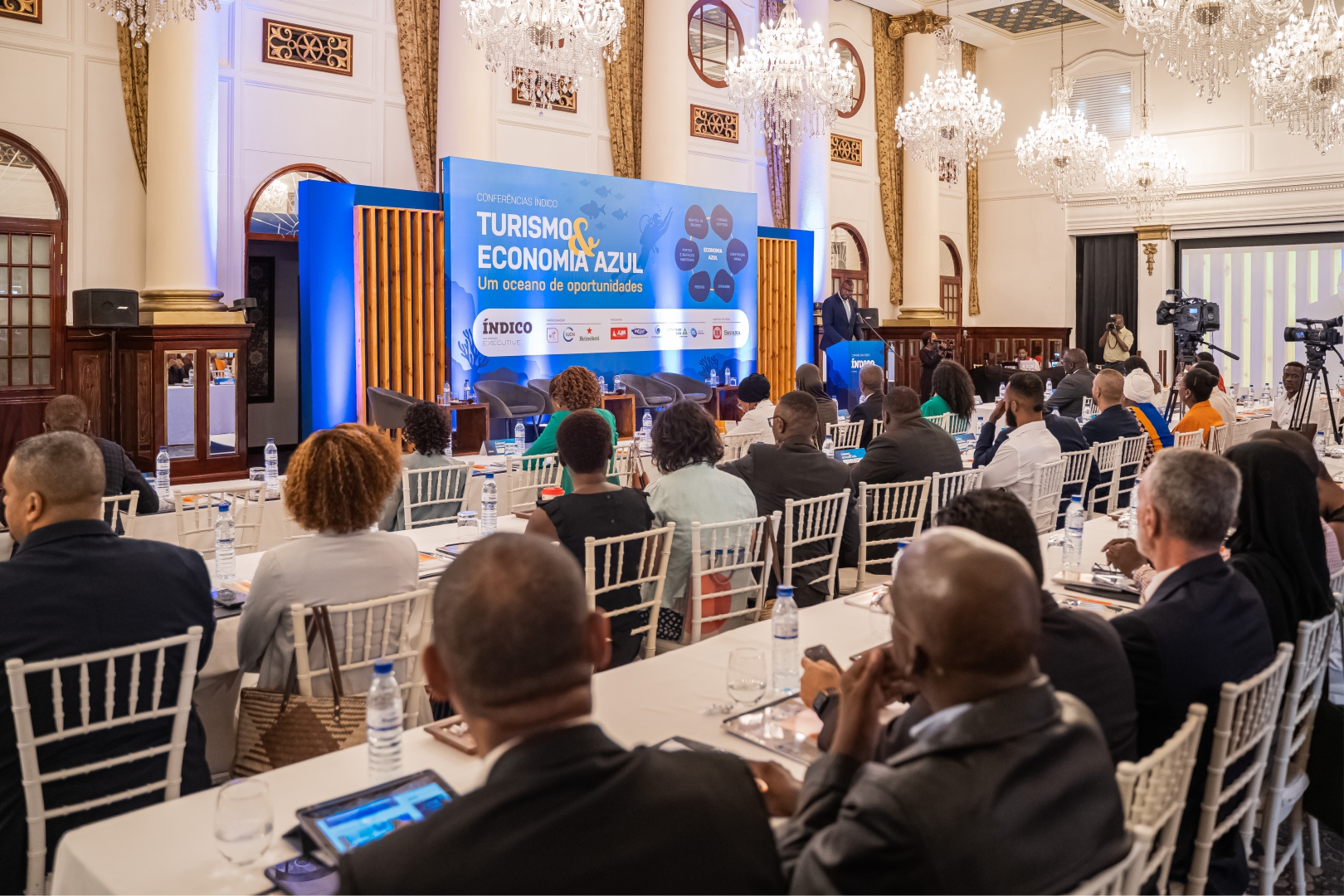
The Mozambican Government considers there is a need to seize the country’s tourist potential – combined with the sea – to stimulate the national economy, but also preserving the environment.
During the opening of the 3rd edition of the Índico Conferences, an event that took place under the theme “Tourism and Blue Economy: an ocean of opportunities”, the National Director of Tourism, Cândido Langa, representing the Ministry of Culture and Tourism, stated that Mozambique has vast marine potential along its coast, and tourism is one of the activities with the greatest capacity for environmental protection, as nature conservation has enormous potential for socio-economic development.
Advertising
For Cândido Langa, “the blue economy is an innovative approach that recognizes the potential of our oceans, sea and lakes as sources of wealth and development, covering sectors such as fishing, agriculture, maritime transport, renewable energy and, of course, tourism”.
Additionally, tourism, according to the government official, plays a fundamental role in promoting the blue economy, “as it is intrinsically linked to our coast and natural resources”. “Blue tourism is not just a recreational activity, it is an opportunity to explore and preserve the treasures of the deep ocean and coastal waters, as it seeks a balance between economic development, the conservation of marine ecosystems and the well-being of communities”, stressed Langa.
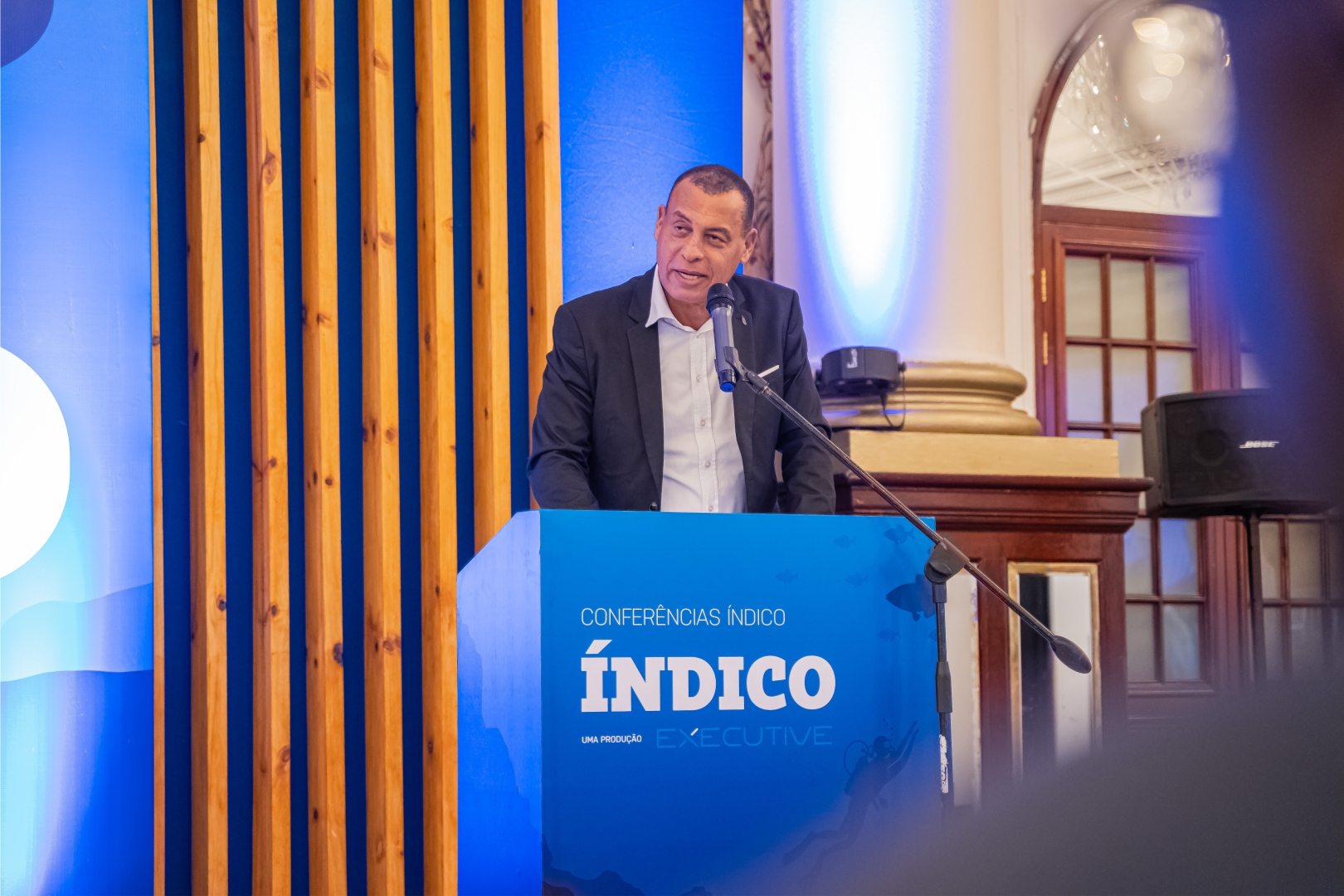
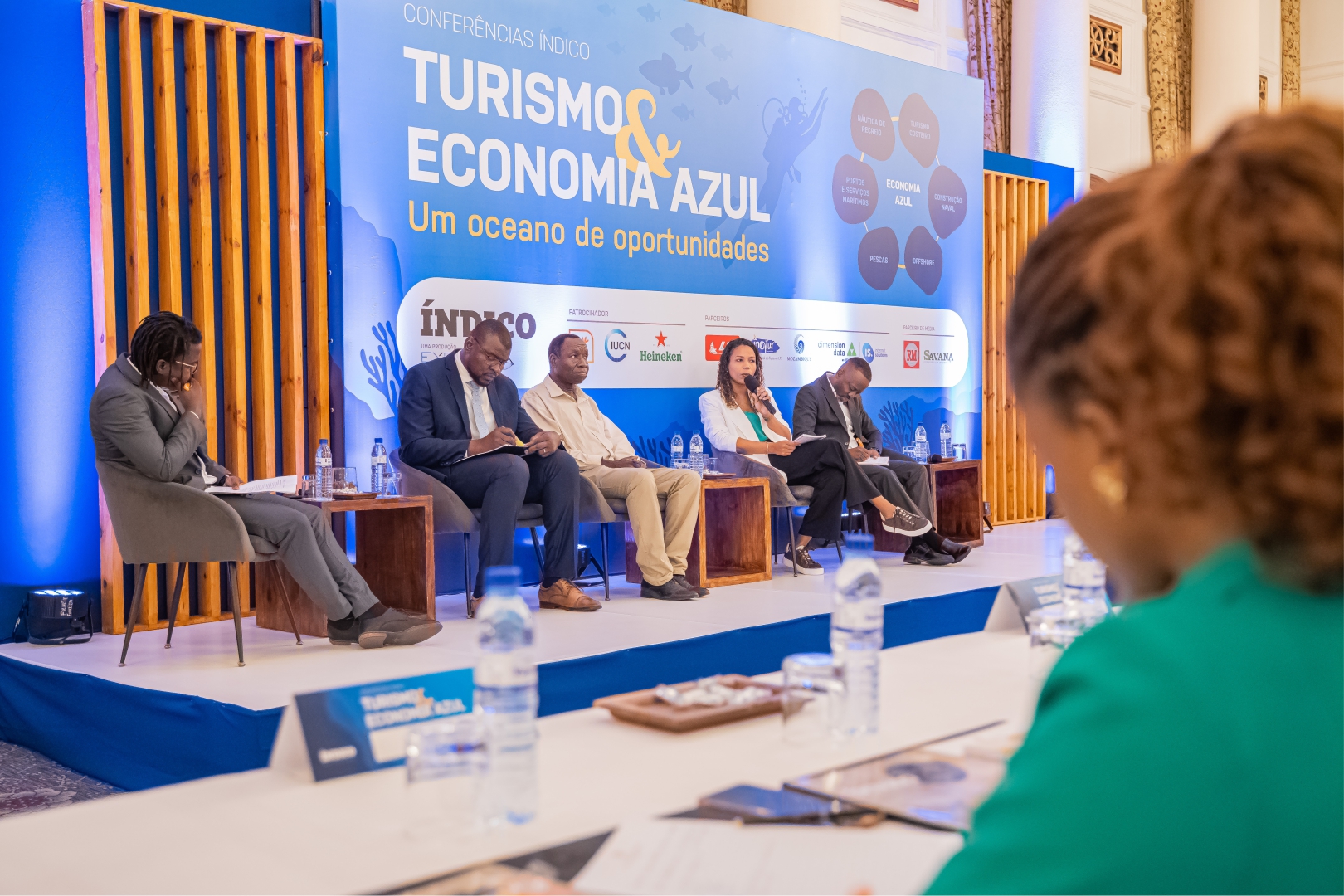
Experts advocate more investment for the development of the blue economy
Mozambique continues to be a relevant country in the debate on the action of the ocean, taking into account the extensive coastline it has, measuring approximately 2800 km. Currently, several debates suggest this type of investment (in the blue economy) in order to take advantage of its potential, but also because it is crucial to combine its development with a sustainable economy, especially at a time when natural disasters are becoming a reality.
“Mozambique has a huge and rich coastline, not only of living beings, but also of opportunities” – Jéssica Morgado
“Mozambique has done a lot trying to align its development with the global biodiversity agenda” – Denise Nicolau
Advertising
In fact, if there is an activity as old as man, it is fishing (and hunting, of course). And this may also have been the first blue economy activity in history. But since then, others have emerged, such as maritime transport, leisure tourism and the energy industry, among others.
However, in the 3rd edition of the Índico Conferences, whose theme was “Tourism and the blue economy: an ocean of opportunities”, experts argued, during the debate, that environmental conservation, fishing industry, maritime transport, logistics and industry integration of oil & gas, must follow innovative strategies in the way they are viewed for livelihoods, but also in the way they are adapted to extreme weather events.
Denise Nicolau, representative of the International Union for the Preservation of Nature (IUCN) in Mozambique, speaking at the event, began by stating that the blue economy should be based on regenerative and non-extractive means. For the manager, tourism is, in fact, a pillar of the blue economy and development, that is, Mozambique has done a lot trying to align its development with the global biodiversity agenda, however, “it still faces several challenges, as the most communities living in coastal areas depend directly on natural resources for their survival”.
“The potential of nature as a vector of development is great. However, it is not enough to just align laws and policies, we have to align actions and create mechanisms so that the private sector operates, in fact, in a favorable environment for investment in the nature sector, as its value is inestimable”, he highlighted, adding that we have to start valuing our natural capital, but for this to happen there needs to be innovative financing mechanisms regarding investments in natural capital, combining these with environmental education.
Sharing the same idea, professor and specialist in Conservation Biology, Almeida Guissamulo, believes there is a need to follow good international practices in order for the blue economy to develop in Mozambique. “But we have to define in terms of conservation what is important to us. Everything depends on there being adequate regulation to guarantee the conservation of biodiversity and private investments”, he stressed.
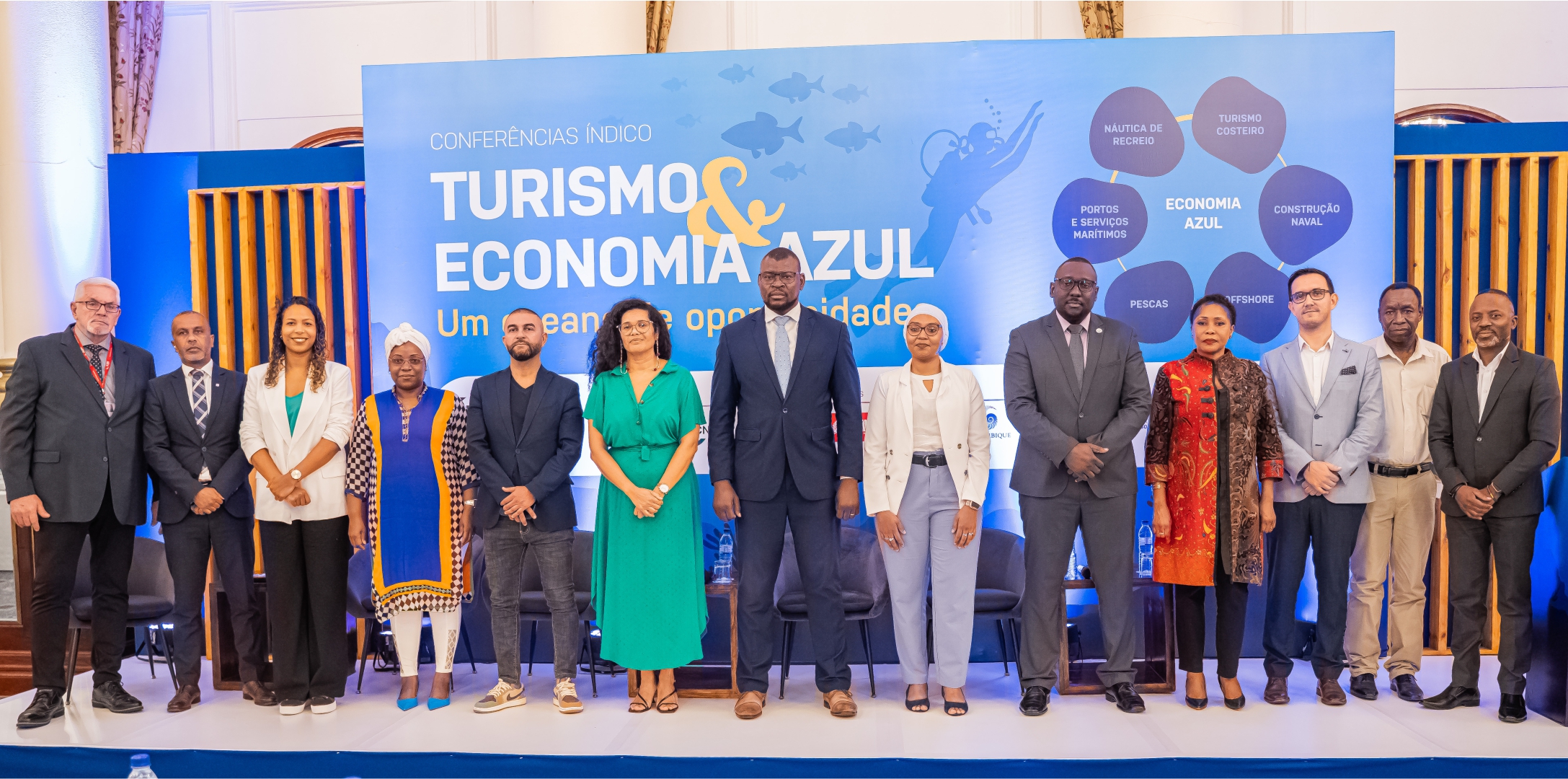
The same position is also shared by the advisor to ProAzul, an institution created by the Government for the development of the blue economy. For Caldas Xavier, the blue economy goes far beyond fishing and port activity, “it is much more and is not being counted as such”.
“As drivers of the blue economy, we realize that there is low knowledge regarding the topic, especially since the funding available for this area is very limited”, he added.
Advertising
At a central level, the National Director of Tourism, Cândido Langa, stated that there is work being done, especially auscultation, with a view to collecting more data in the development plans for sustainable tourism incorporated into the sea economy. To this end, “we are designing a plan that aims to publicize our potential”.
On the same occasion, also focusing on the development of the maritime cluster: fishing industry, transport and logistics and oil&gas, Jéssica Morgado, Human Resources specialist at PRI, a recruitment company, highlighted that Mozambique has a huge and rich coastline, not only of living beings, but also of opportunities, but human capital is fundamental for their development. Even so, “there continues to be an insufficient inclusion of the sea and its economic importance in the plans of the National Education System”.
At the same time, the Director of InSite, Vicente Bento, recalled that “Mozambique’s future is not at sea, but in the development of activities carried out on land”. In this sense, “Insite offers a set of services not only in the area of technology, but also in quality control that are also transversal to the maritime economy”.
In this regard, the Operations Director of the company Portos de Cabo Delgado (PCD), Abdul Ngoque, highlighted the Government’s effort to promote national companies that operate in the maritime economy. However, “technical capacity in some economic activities still constitutes a major challenge for Mozambicans”.
Meanwhile, the Coordinator of the EDEA – Blue Economy Development Strategy in Mozambique – at the Ministry of Sea and Inland Waters, Felismina Antia, reminded participants that, since 2015, the Government has been adopting several policies that aim to understand how the sea is managed, especially its resources. “Today we have private titles at sea, as we also have on land, however, this brings some challenges, especially in relation to the years when the sea was used freely, but it also becomes a new source to be able to galvanize our economy”, he concluded.
Edição 83 MAR/AGO| Download.
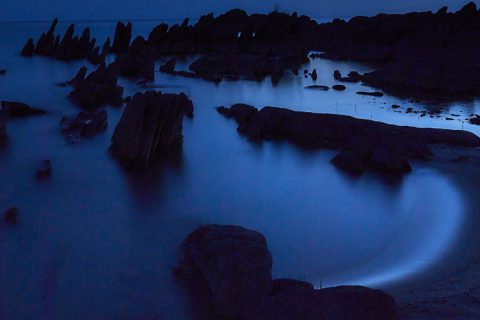
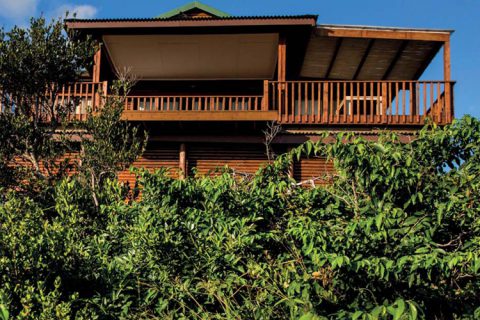



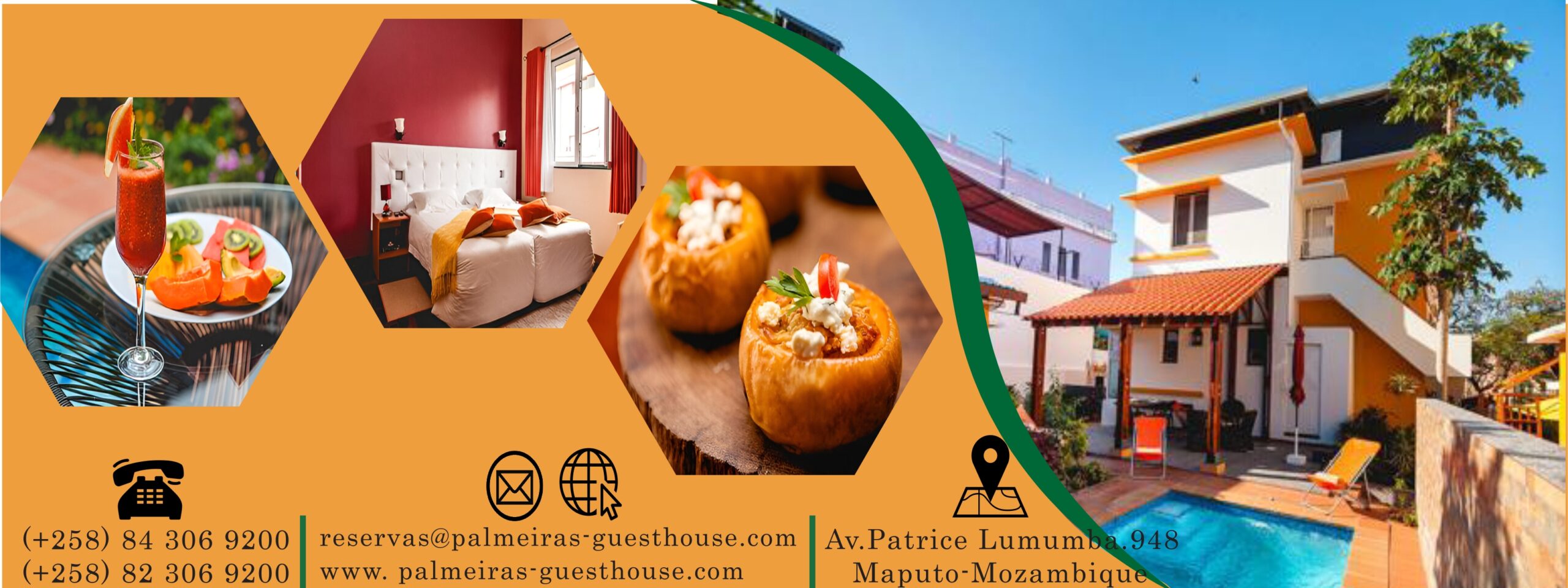
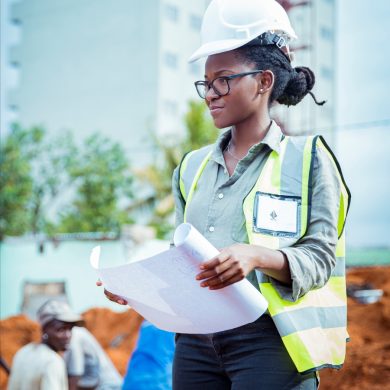

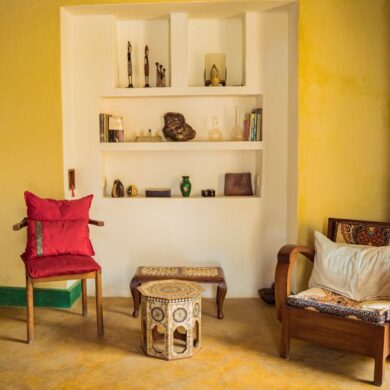
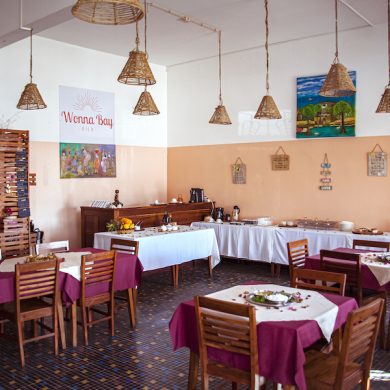
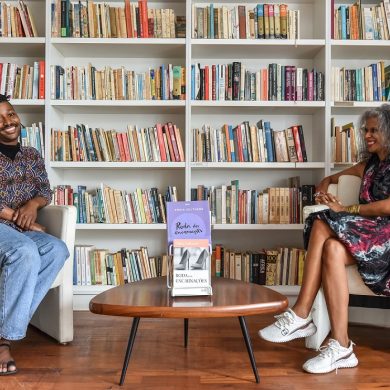
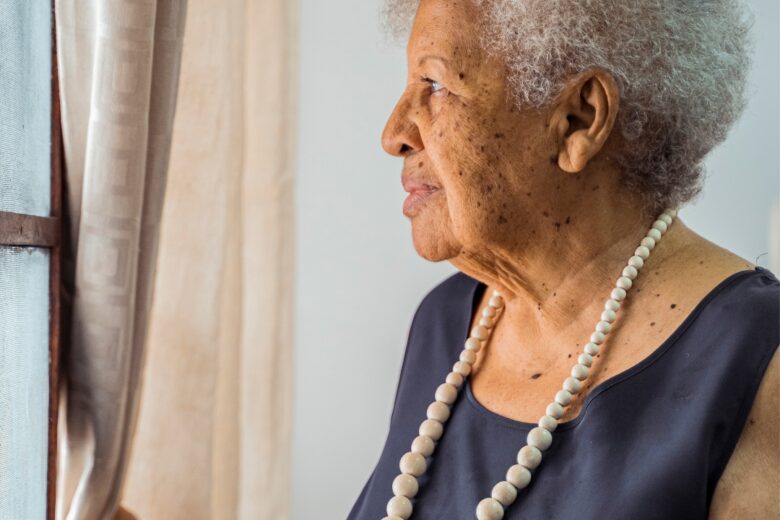
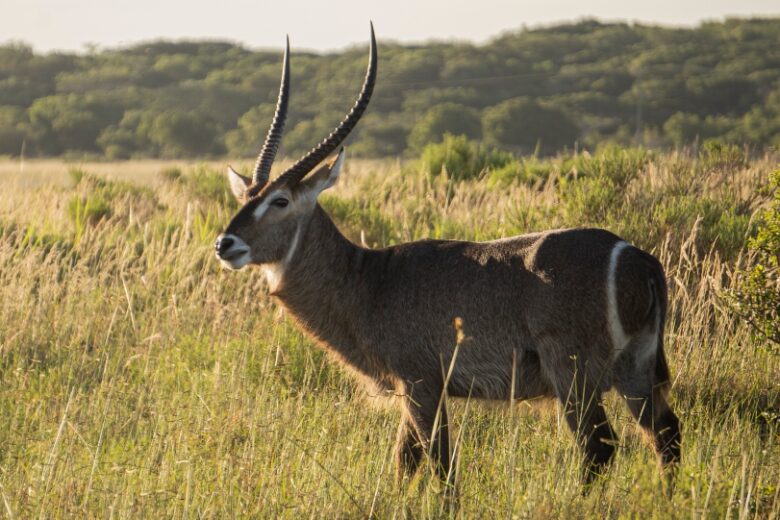
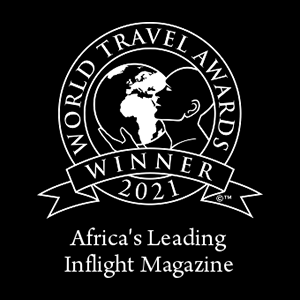









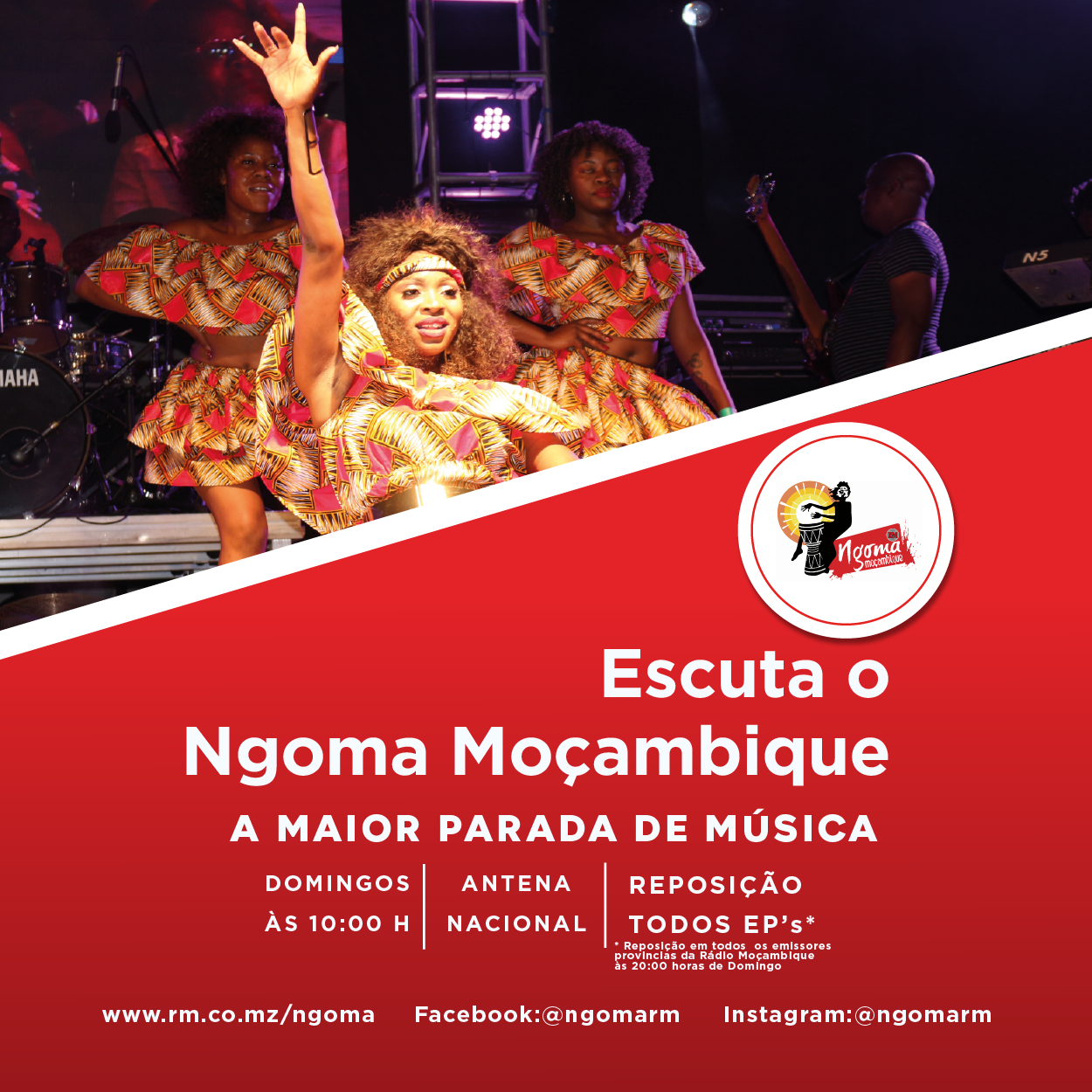
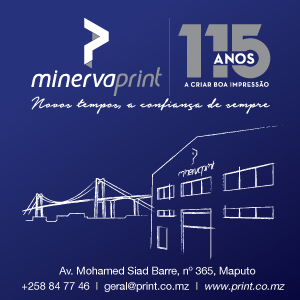





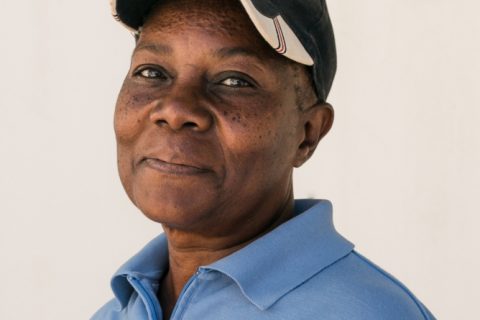
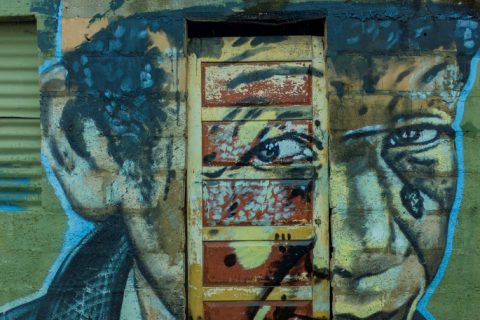

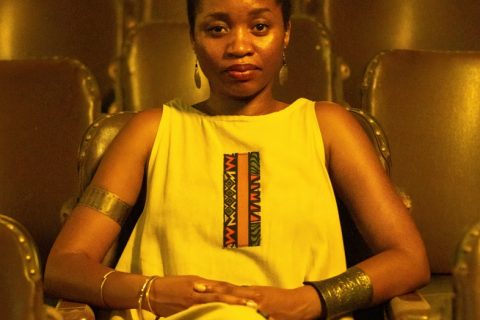
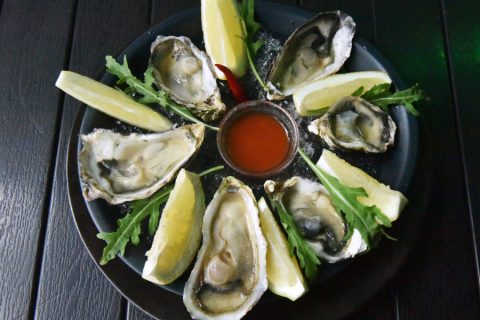
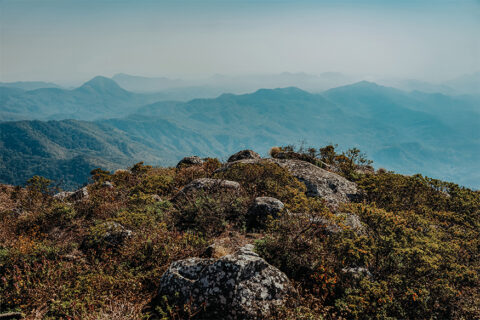


0 Comments